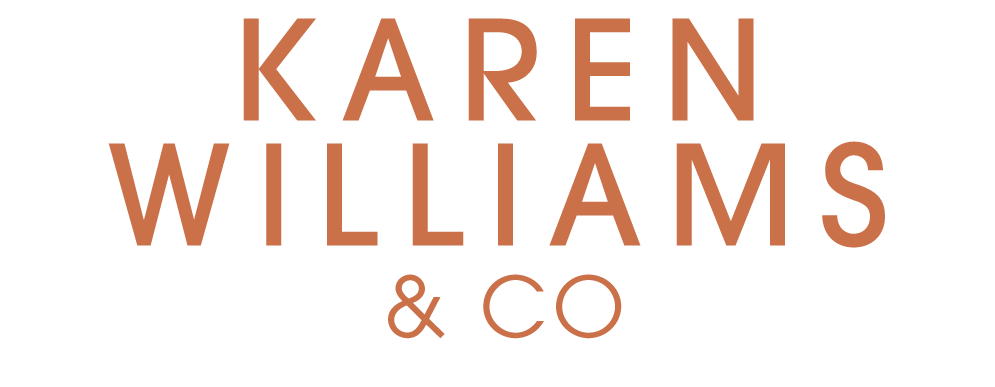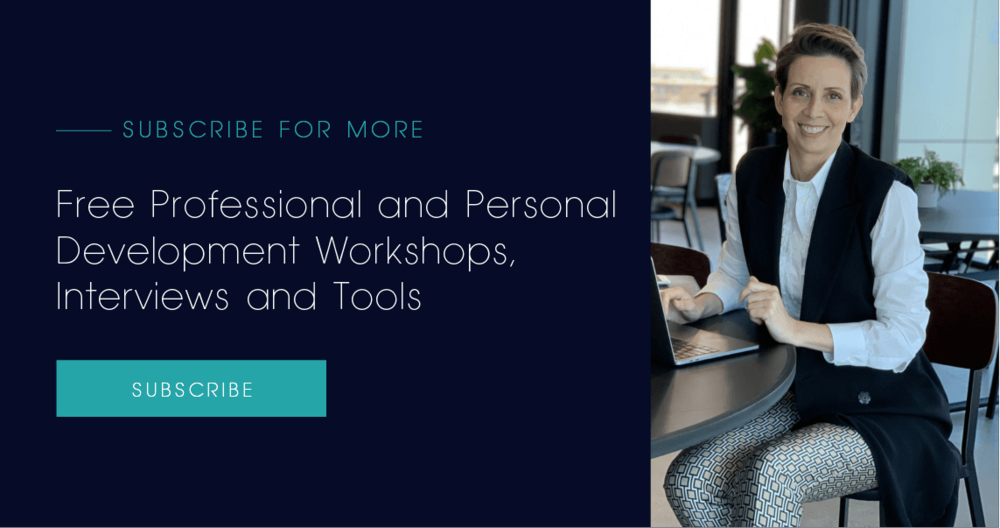Going First
Many people are waiting for someone else to do something more, better or different so that their job is easier.
“If only admin would process work more quickly…”
“If only marketing would choose the right products…”
“If only sales would spread the work across the month…”
“…then we’d be able to achieve our KPI’s.”
It’s such an easy trap to fall into. Believing we are right, and it’s someone else who needs to change for things to work out. But if everyone is pointing the finger at everyone else, whose responsibility is it to go first?
This is where teams and organisations get stuck, busy moving things around but not doing what’s needed to break through the limits that blame, justification and excuses create.
People become resentful, business slows and people work longer hours for less result. Everyone gets tired.
It can look to leaders like an unwillingness in their people to be accountable. But this resistance is more a symptom than the cause. At the core of complaining, blaming and excusing is a need for greater self-awareness and an understanding of what drives others.
Deactivate. Recalibrate. Initiate.
When people don’t understand why they get triggered, or become defensive or find some people difficult to work with, they are unable to understand the same in others. Without this understanding, opportunities to improve become challenges, and challenges become problems.
It leaves leaders and managers working hard to keep their people motivated, when really what is required is to..
Deactivate
Recalibrate
Initiate.
Deactivate
Bust the myths of right and wrong and get to the source of the problem
Help people to take things less personally by expanding their self-awareness and understanding what makes others tick
Support people to have their say, share their opinions and express their needs through responsible, respectful, real conversations.
Recalibrate
Communicate and agree expectations, exploring what your people need from you to succeed
Encourage ownership and accountability by coaching and mentoring people to try new things
Role model a growth mindset, allowing people to be human, make mistakes and learn.
Initiate
Create cultural commitments together – what does the team stand for? What can they count on each other for?
Create an environment where people feel safe to own their mistakes, flaws and weaknesses as well as their strengths, talents and gifts
Create a culture of real conversations where accountability becomes a daily opportunity rather than a difficult conversation people avoid or attempt to control.
Resetting a culture requires a complex and multi-layered approach, but rather than waiting for an organisational declaration, leaders and teams can begin now with small steps. In either case, someone needs to go first.



